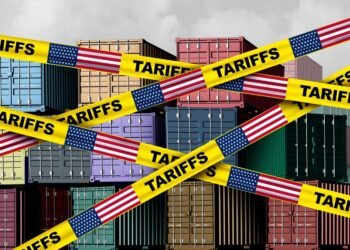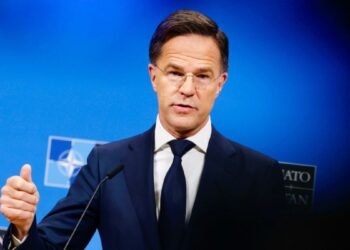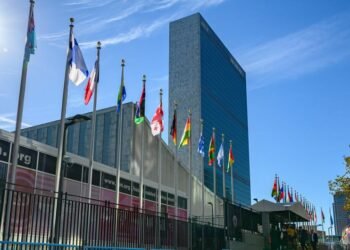UN Secretary-General, António Guterres has admonished that humanity is waging a “senseless and suicidal” war on nature that is causing human suffering and enormous economic losses while accelerating the destruction of life on Earth.
The Secretary-General’s warning came at the launch of a UN report setting out the triple emergency the world is in: the climate crisis, the devastation of wildlife and nature, and the pollution that causes many millions of early deaths every year. He said that making peace with nature was the defining task of the coming decades and the key to a prosperous and sustainable future for all people.
The UN Making Peace with Nature report said societies and economies must be transformed by policies such as replacing GDP as an economic measure with one that reflects the true value of nature. It added that carbon emissions need to be taxed, and trillions of dollars of “perverse” subsidies for fossil fuels and destructive farming must be diverted to green energy and food production.
As well as systemic changes, the report also encouraged people in rich nations to act by cutting meat consumption and wasting less energy and water.
“Humanity is waging war on nature. This is senseless and suicidal. The consequences of our recklessness are already apparent in human suffering, towering economic losses, and the accelerating erosion of life on Earth.”
UN Secretary-General, António Guterres.

He also cautioned that the triple emergency threatened our viability as species but ending the war would not mean poorer living standards or an end to poverty reduction.
“On the contrary, making peace with nature, securing its health and building on the critical and undervalued benefits that it provides are key to a prosperous and sustainable future for all.
“This report provides the bedrock for hope. It makes clear our war on nature has left the planet broken. But it also guides us to a safer place by providing a peace plan and a postwar rebuilding programme.”
Inger Andersen, the Head of the UN Environment Programme (Unep) echoed his views saying, “We need to look no further than the global pandemic caused by Covid-19, a disease transmitted from animals to humans, to know that the finely tuned system of the natural world has been disrupted.”

The report also acknowledged that the fivefold growth of the global economy in the last 50 years was largely fuelled by a huge increase in the extraction of fossil fuels and other resources, and has come at massive cost to the environment.
Also addressing the triple emergency, Professor Sir Robert Watson, a lead author of the report, said “these three issues are all interrelated and have to be dealt with together. They’re no longer just environmental issues – they are economic issues, development issues, security issues, social, moral and ethical issues.
“Of all the things we have to do, we have to really rethink our economic and financial systems. Fundamentally, GDP doesn’t take nature into account. We need to get rid of these perverse subsidies, they are $5-7tn a year. If you could move some of these towards low-carbon technology and investing in nature, then the money is there.”

Sir Watson insisted that financial institutions could play a huge role by ending funding for fossil fuels, the razing of forests and large-scale monoculture agriculture.
“Proactive companies see that if they can be sustainable, they can be first movers and make a profit. But in some cases, regulation will almost certainly be needed for those companies that don’t care.”
The world’s nations will gather at two crucial UN summits in 2021 on the climate and biodiversity crises.
“We know we failed miserably on the biodiversity targets [set in 2010]. I’ll be very disappointed if at these summits all they talk about is targets and goals. They’ve got to talk about actions – that’s really what’s crucial.”
Sir Watson
Read Also: UN chief urges global plan to reverse ‘wildly unfair’ vaccine access























